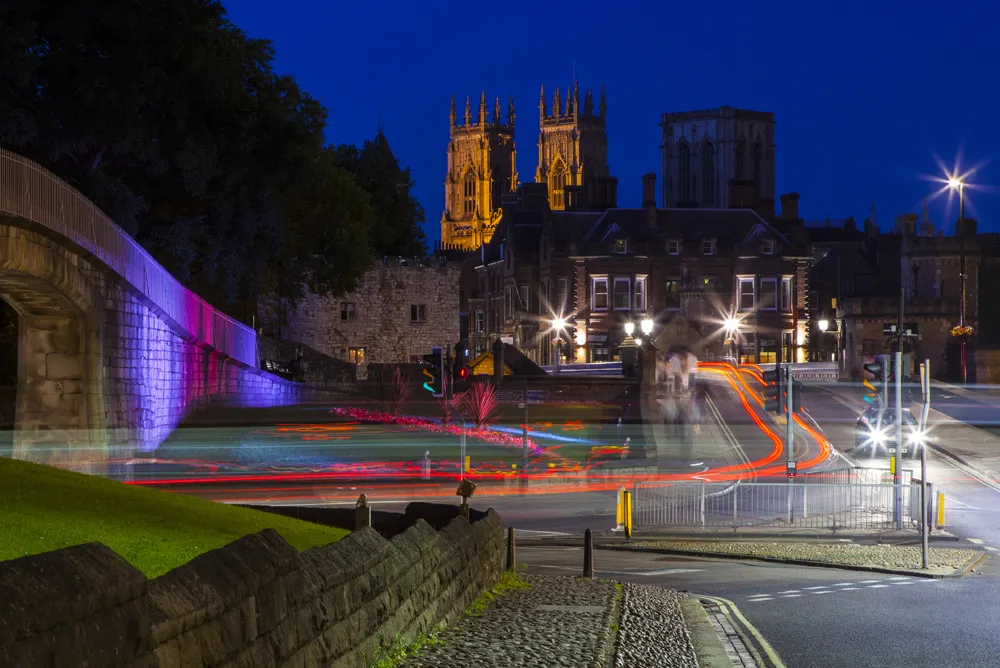The California Air Resources Board (CARB) has rejected Volkswagen Group of America’s submitted recall plan for 2-litre diesel passenger vehicles sold in California between 2009 and 2015, saying it is incomplete. CARB also notified VW of violations of California air quality regulations associated with the company’s use of a ‘defeat device’ in those cars.
"Volkswagen made a decision to cheat on emissions tests and then tried to cover it up,” said CARB Chair Mary D. Nichols. “They continued and compounded
January 13, 2016
Read time: 2 mins
The California Air Resources Board (CARB) has rejected Volkswagen Group of America’s submitted recall plan for 2-litre diesel passenger vehicles sold in California between 2009 and 2015, saying it is incomplete. CARB also notified VW of violations of California air quality regulations associated with the company’s use of a ‘defeat device’ in those cars.
"994 Volkswagen made a decision to cheat on emissions tests and then tried to cover it up,” said CARB Chair Mary D. Nichols. “They continued and compounded the lie and when they were caught they tried to deny it. The result is thousands of tons of nitrogen oxide that have harmed the health of Californians. They need to make it right. Today's action is a step in the direction of assuring that will happen."
The rejection does not preclude a recall, but allows for a broader array of potential remedies. CARB will continue its investigation and technical evaluations with EPA to return the vehicles to legally required emission levels, determine mitigation for past and future environmental harm, and assess penalties.
"
The rejection does not preclude a recall, but allows for a broader array of potential remedies. CARB will continue its investigation and technical evaluations with EPA to return the vehicles to legally required emission levels, determine mitigation for past and future environmental harm, and assess penalties.







